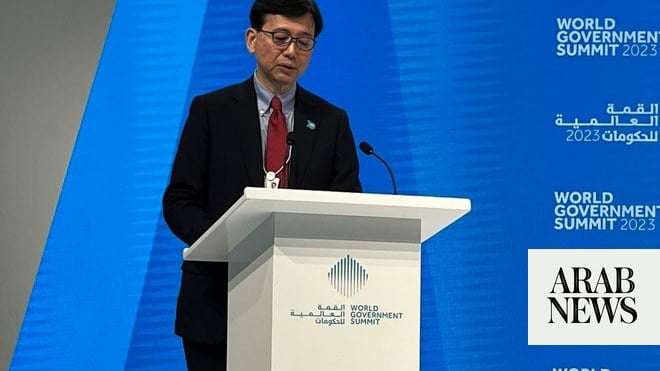
TOKYO (Reuters) - Japan will offer subsidies to regional banks that merge with rivals as part of plans to encourage economic growth in regional areas, a draft of a stimulus package seen by Reuters showed on Friday.
The proposed package also calls for a review of regulations that govern the scope of banks’ businesses, with an eye to spurring digitalisation.
Prime Minister Yoshihide Suga has promised to support rural areas and their ailing lenders, which have suffered from thin margins amid ultra-low interest rates and a dwindling population base.
The new measures would follow a Bank of Japan announcement last month that it will set up a scheme to pay interest of 0.1% to regional banks that consolidate or cut costs.
The stimulus package is expected to be finalised and approved by Suga’s cabinet on Dec. 8.
The draft made no mention of the size of stimulus or its source of funding.
Some ruling party lawmakers have called for a third extra budget of up to 30 trillion yen ($290 billion) to fund the new package, which would follow two others deployed this year worth a combined $2.2 trillion.
The latest package, seen focusing more on efforts to cope with the ‘new normal’ in the post-COVID era, would feature at least three public-sector investment funds, including one to promote green investment and another to push university research.
Employees of public-sector funds are usually paid far less than their counterparts at private-sector funds. That means the former have less incentive to be successful - which, analysts say, suggests the government may face challenges in operating the new funds.
“It’s best to start the fund with a small amount,” said Yasunari Ueno, chief market economist at Mizuho Securities. “If things go well that can be increased, and if they don’t go well, it can be wound down.”












